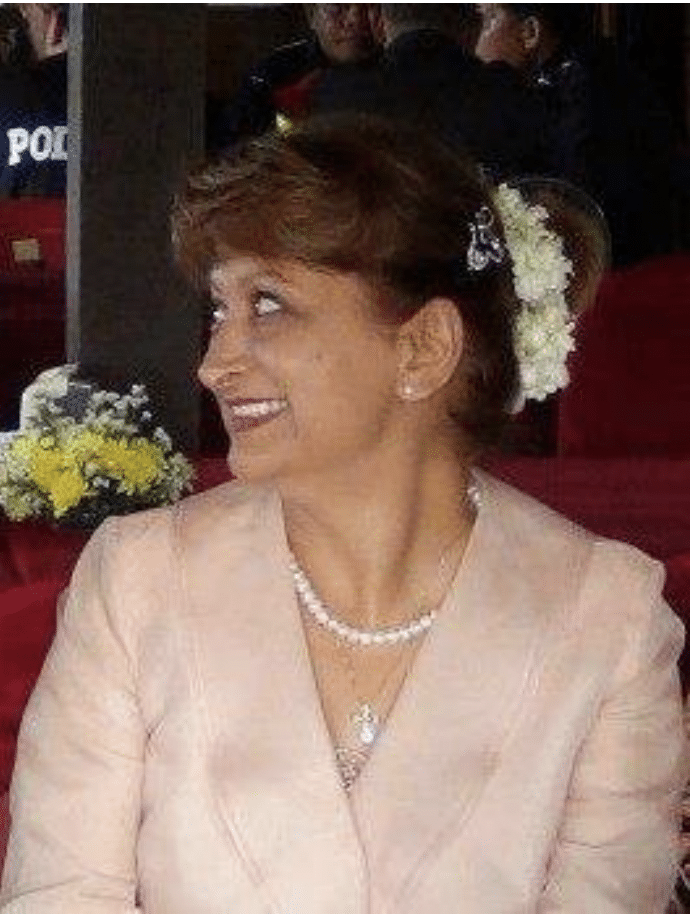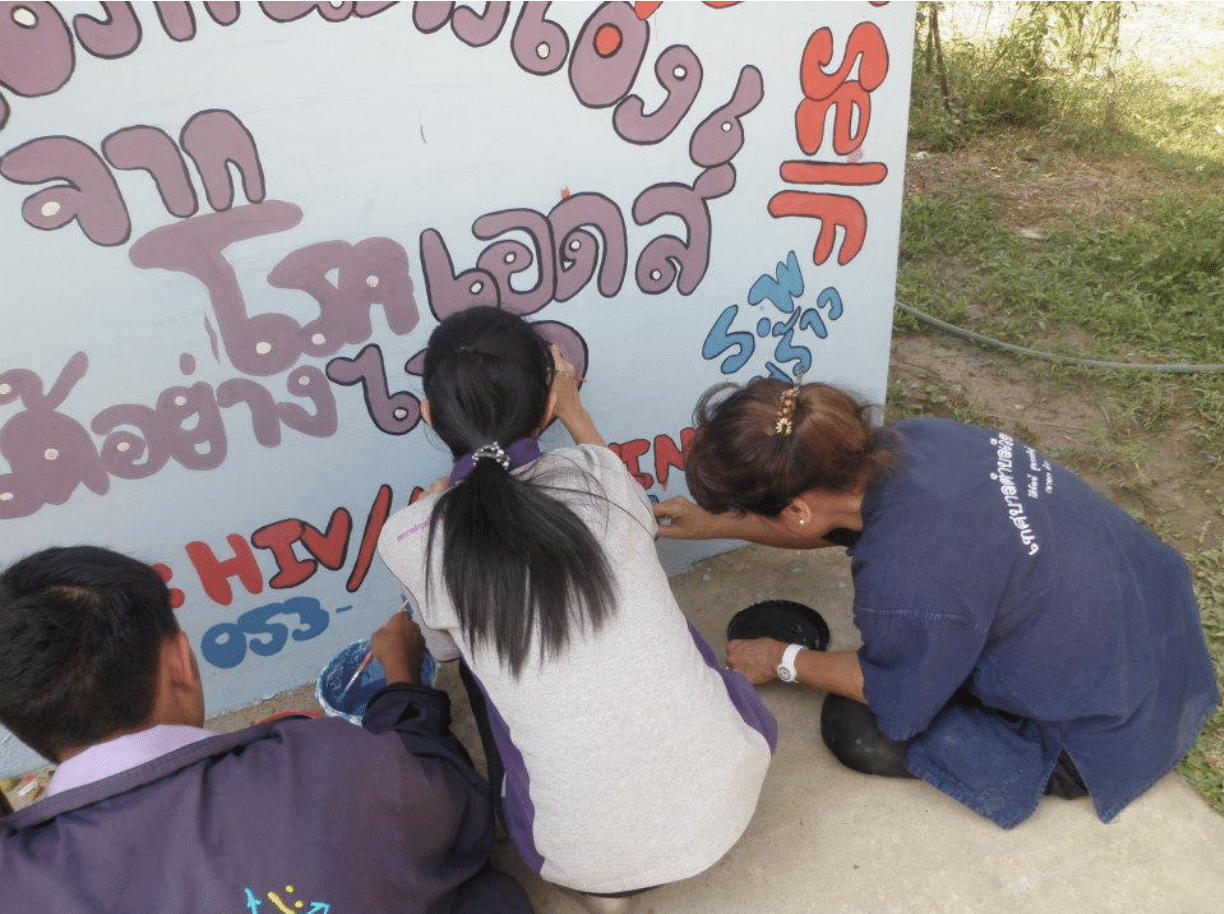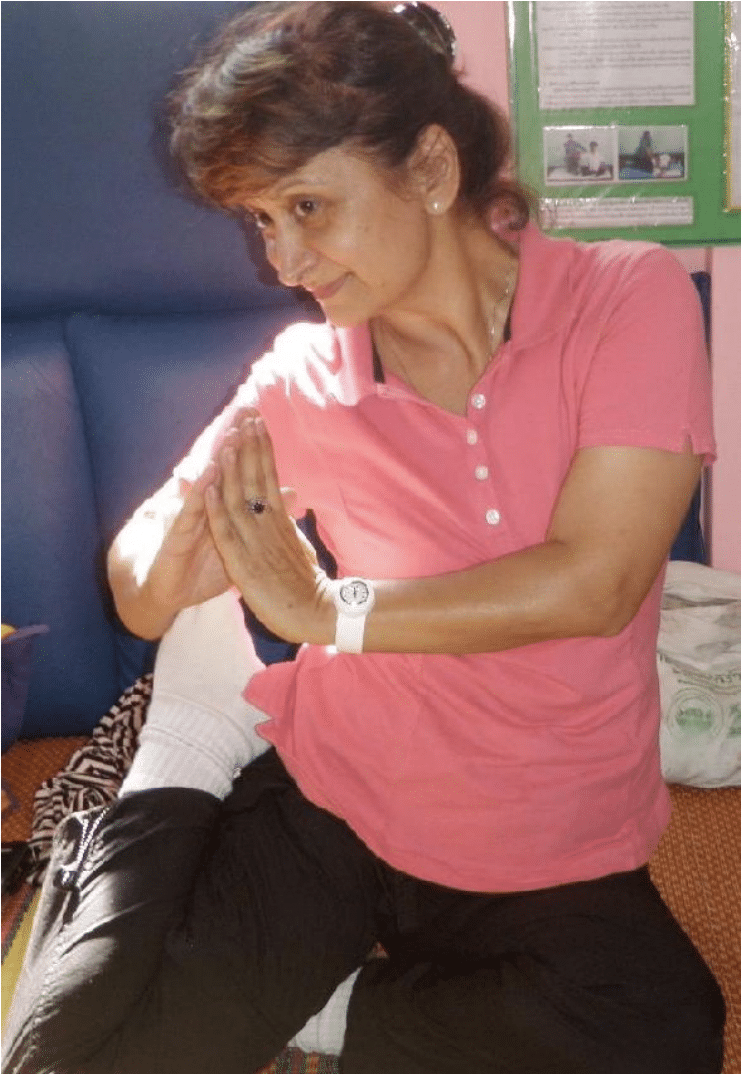To my grandchildren:
Once, your Mama Sima decided to go from her home in America to Thailand and become friends with people there and help them young and old. So I did. I joined the Peace Corps and went to a small town in Northern Thailand, in Chiang Mai province, called Phrao.
In Thailand, people didn’t think the same, they didn’t talk the same, and they didn’t act the same as I did. But these things didn’t bother me, because I had a big vision. I was on a mission to build a bridge of peace between people on both sides of the globe.
When I got to the village where I was to work full time for the next two years, I went to the office of the mayor to check in. I was fortunate to be given a job working in public health, so I could make use of my years of medical and professional experience.
The mayor asked me what my nickname was. “I don’t have a nickname,” I replied. I knew that in Thailand it was important to have a nickname. I had heard people call each other by nicknames like Phone, Tadpole, Pig, Coffee, Shrimp, Young, Earth, Expensive, Fat, etc. But I didn’t have one yet. “OK, from now on your nickname is Dr. Sii, which means integrity and good fortune,” he said. That was kind of permission for me to be accepted into the community, so we both smiled.
Thailand is known as the Land of Smiles—they have at least twenty different kinds of smiles—because a smile is not just a smile. It is a kind of message.

One day the leader of the village came to see me and the first thing he said was, “You are too fat.” I was shocked and didn’t know what to say. So I asked my friend who was sitting beside me if he meant I was ugly. My friend laughed and said, “No, no, not at all. He meant you are so beautiful. That was a compliment!” Mama Sima smiled.
Every time somebody passed me, he or she would ask me in Thai, “Where are you going?” At first it was very weird, but it was also sort of cute. But after a while, I was so frustrated. When I opened the door to the bathroom, they asked me where I was going. When I unlocked my house fence to get in, they asked me the same question. I asked myself, “Wasn’t that obvious?” Finally, I realized that for Thai people that question was just a way to say I see you and I care about you. It was not an actual question and they didn’t expect an accurate or detailed answer. So, from then on, when they asked me that question, I smiled.
I started to get to know people and become friends with them. At first, everybody was either shy or scared to talk to me. After all, I was a farang (foreigner) and they hadn’t seen many farangs before. Plus, they were afraid to be pushed into speaking another language. So I studied and tried to learn their language; not only so I could communicate with them, but also so they could see that I had to struggle to learn their language, too, and it was OK to make mistakes as long as we try to speak another language and not be scared.
They had learned about American farangs on TV and the internet and they had learned English in school. But they had never met a farang who would talk to them, eat with them, and try to become friends with them and help their community. Some of the older people didn’t trust any foreigner. Some of the younger ones went to the other side of the road when I was passing and their heartbeat increased on seeing a farang.
An old man came to me and took his little notebook out and asked if he could learn English. “What do you want to learn to say?” I asked. Reading his notes, he said, “First I want to say you are so beautiful. And second, I want to say that I don’t trust foreigners.” I was embarrassed, but I smiled.
Months passed by. Mama Sima helped people to build up their education, health, and businesses. After a while I became a part of the community.
One day when it was very hot and I was biking from the market to my house, a lady came out of her shop and offered me a glass of cold water and a bowl of pitted rambutan mixed with ice and syrup.
Another day in an English classroom a six-year-old girl wanted to get my attention and called me “Farang, farang.” Another student, a six-year-old boy, put his hands on his hips and looked straight into the girl’s eyes and said, “She is not farang, she is Dr. Sii”!
That kind of supportive family behavior happened on a daily basis. Now I had friends in town young and old and the peace bridge was already built between us.
With love and smiles,
Your Mama Sima / Dr Sii





